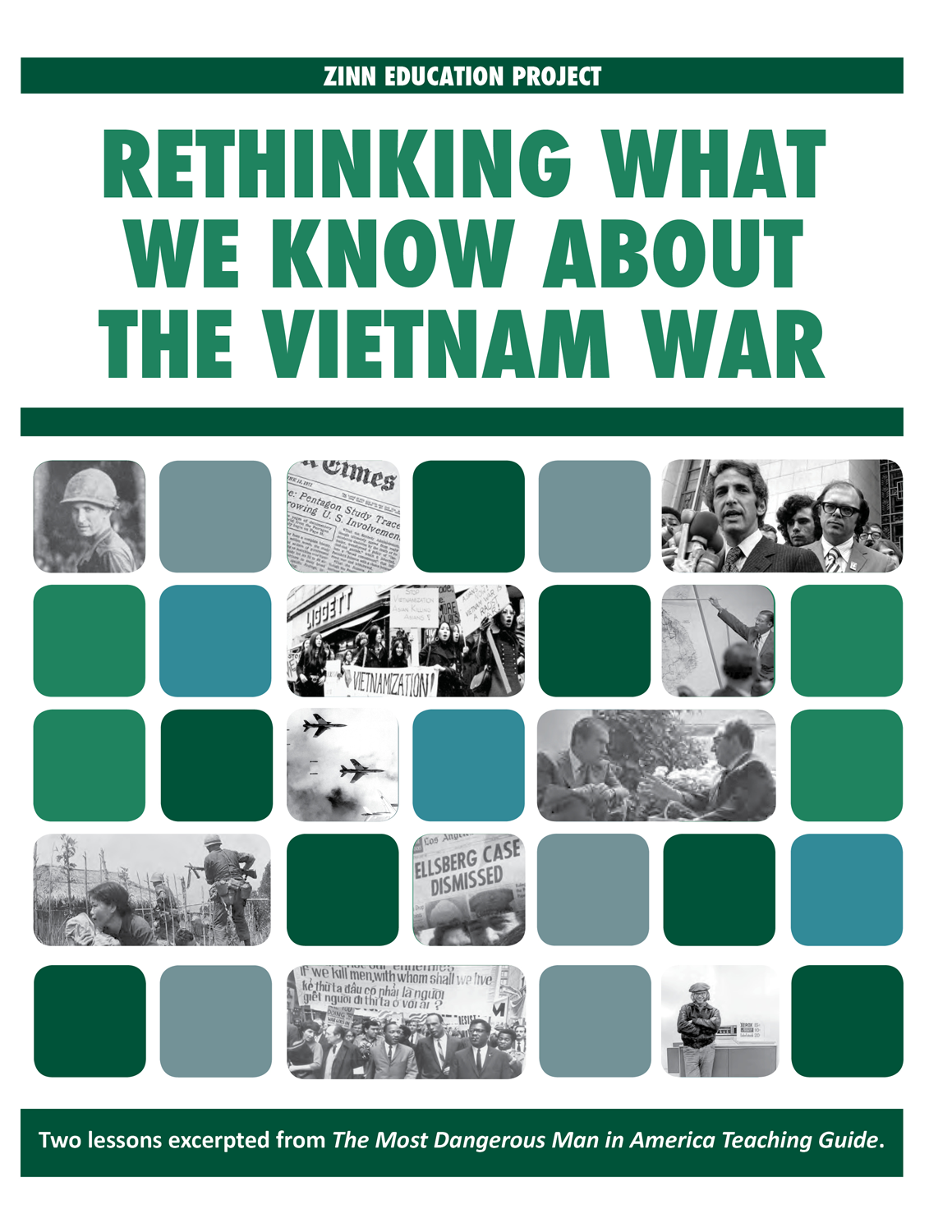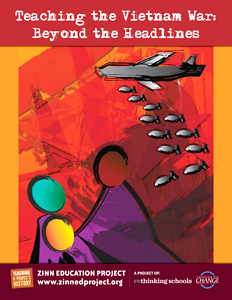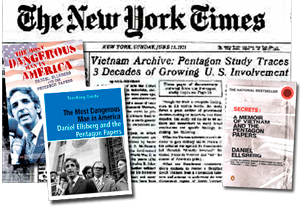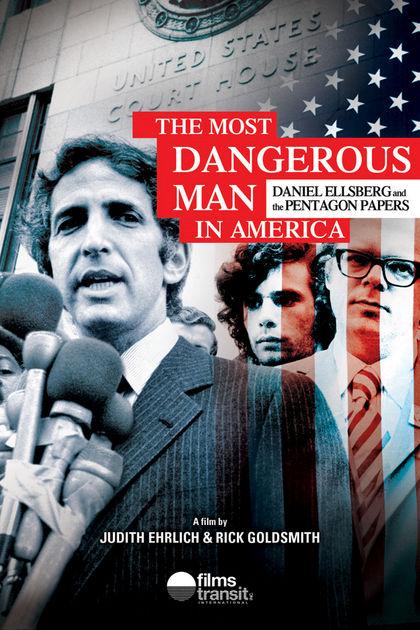 Lesson 1: What Do We Know About the Vietnam War? Forming Essential Questions
Lesson 1: What Do We Know About the Vietnam War? Forming Essential Questions
The Vietnam War seems murky for many students. Not only are students unclear about basic facts — How long was the U.S. in Vietnam? Who was the enemy? Who won? — young people also report that they are unclear about the very nature of the conflict. Was Vietnam actually a war? Was it a civil war? Was it at all similar to the wars of today? In order to provide students with a clear context for understanding the actions of Daniel Ellsberg and the role of the Pentagon Papers, we need to address students’ confusion. Teachers can enhance students’ historical understanding by providing an opportunity for them to clarify what they think they know, what they’ve heard (what seems to exist in popular culture), and by identifying essential questions to direct further learning.
Lesson 2: Rethinking the Teaching of the Vietnam War
In The Most Dangerous Man in America, Daniel Ellsberg describes when, in 1969, he first read the earliest parts of what came to be called the Pentagon Papers:
Seeing the war from its beginning affected me more than I thought possible. It changed my whole sense of the legitimacy of the war. What I learned was that it was an American war from the start. President Truman financed the French to retake its former colony even though he knew the French were fighting a national movement that had the support of the people.
Despite the fact that the Pentagon Papers was released to the world in 1971, today’s high school textbooks continue to ignore this early — and essential — history of the Vietnam War. Sadly, when it comes to probing the root causes of the Vietnam War, not a single major U.S. history textbook glances back beyond the 1950s. Why was the United States involved in Vietnam? As James Loewen points out in Lies My Teacher Told Me, his critique of 12 best-selling high school history texts: “Most textbooks simply dodge the issue. Here is a representative analysis, from American Adventures: ‘Later in the 1950s, war broke out in South Vietnam. This time the United States gave aid to the South Vietnamese government.’ ‘War broke out’ — what could be simpler!”
These lessons are excerpted from Teaching the Vietnam War: Beyond the Headlines.










Twitter
Google plus
LinkedIn